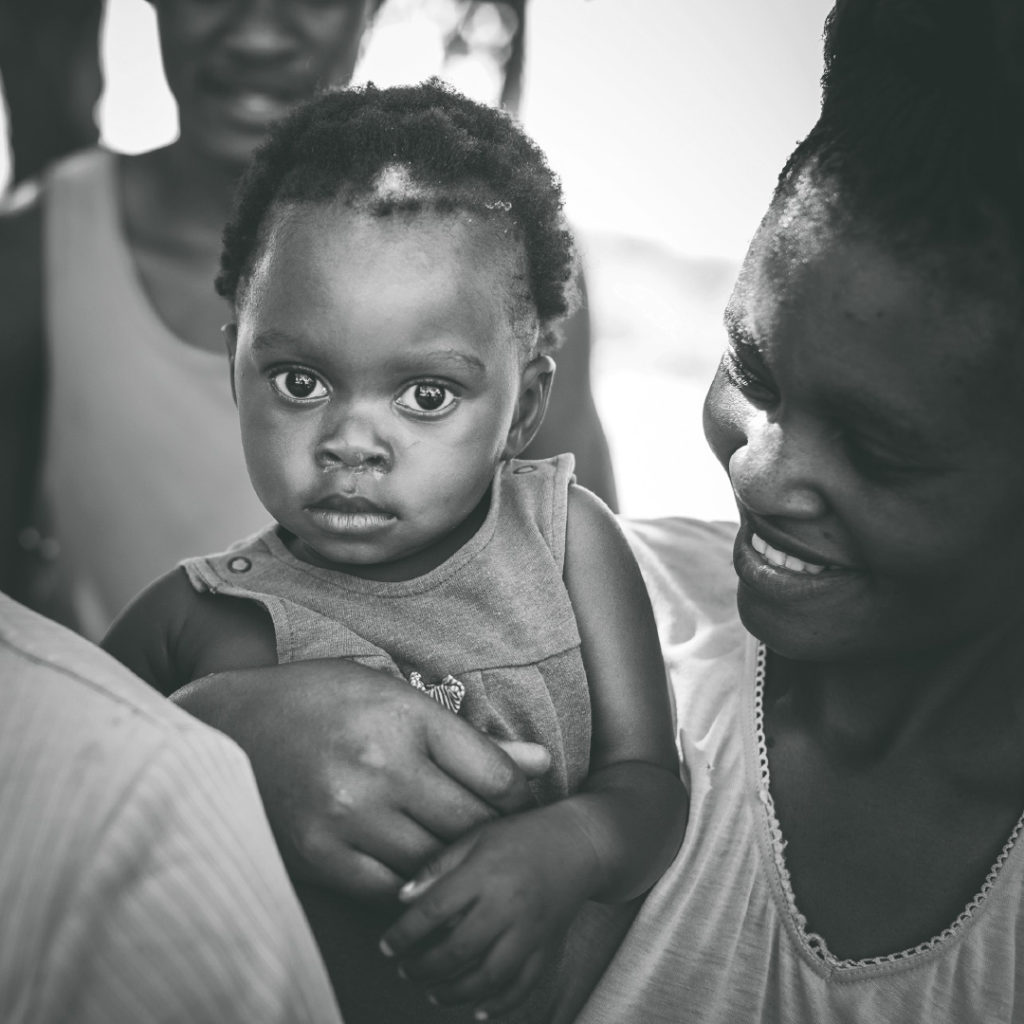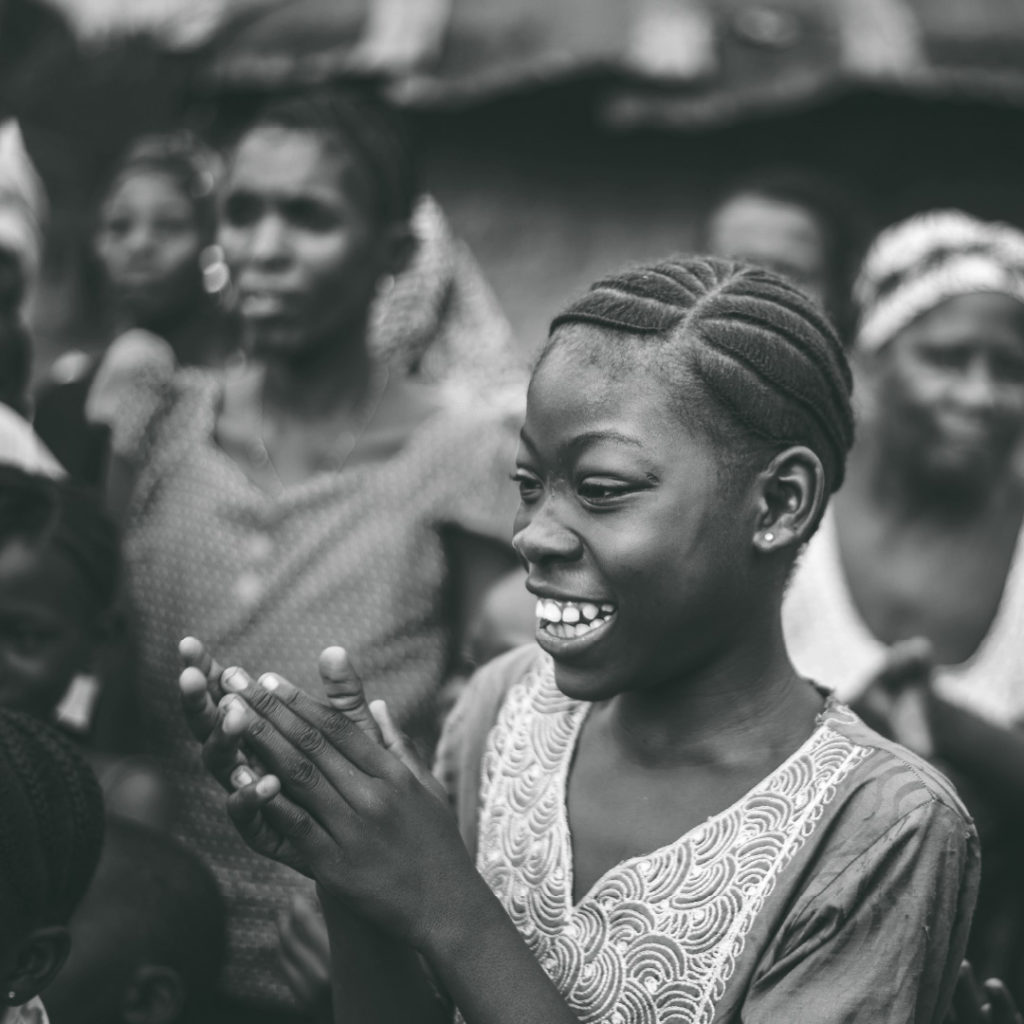
Maputo protocol at 20
The Maputo Protocol is turning 20 on 11th July 2023. Join us to celebrate the future of women and girls across Africa.
What is the Maputo Protocol?
One of the most progressive women’s rights treaties, the African Charter on Human and Peoples’ Rights on the Rights of Women in Africa, is known as the Maputo Protocol because it was adopted by Heads of State and Government in Maputo, Mozambique.
The African Union (AU) Heads of State principally adopted the Protocol on July 11, 2003, to address the many legal, cultural, and societal impediments that characterized various African women’s limitations to achieving their full potential. It demonstrated African leaders’ willingness to protect, promote and fulfill women’s rights. It was affirmed in the Solemn Declaration of Heads of State and Government on Gender Equality in Africa, adopted in July 2004.
As of April 2023, 43 out of 54 African countries have ratified the Maputo Protocol. Many African countries have espoused gender equality in their constitutions and included it in their development plans, policies, and programs.
The progress of the Maputo Protocol results from incredible advocacy efforts by various human rights organizations, regional unions, and state bodies, including SOAWR and our members, in ensuring it is signed, ratified, implemented and reported on by African governments. This celebration belongs to all of us.

Read and listen to the Maputo Protocol here
Universal ratification and domestication of the Maputo Protocol
12 AU member states have yet to accede to the Protocol. Over this anniversary year, SOAWR and our members will work to ensure these remaining states ratify the protocol.
SOAWR members are also dedicated to working with all AU states to ensure the domestication and meaningful implementation of the Protocol by all State parties.
Why is the Maputo Protocol so important for African women and girls?
Achieving full gender equality in all spheres of life is a critical element of the ‘aspirations of Africa we want’ articulated in Agenda 2063 of the AU. We need to come together to address this unfinished agenda and make bold steps toward achieving SDGs 3 and 5. If recognized and embraced by all state and non-state actors, the Protocol can be a powerful tool for change as it offers women a tool for transforming the unequal power relations between men and women.
The Maputo Protocol requires states commit to combatting all forms of discrimination against women, ending harmful practices like child marriage and female genital mutilation (FGM), as well as securing womens’ rights to sexual and reproductive healthcare, adequate housing and a healthy and sustainable environment.
From addressing sexual violence, economic inequality, and the climate crisis, the Maputo Protocol holds the key to a wide range of issues facing women across the continent.
However, States have consistently placed reservations on Articles relating to the elimination of Harmful Practices, Marriage, Separation, Divorce and Annulment of Marriage, Health and Reproductive Rights, and the Right to Inheritance.
As we celebrate 20 years of progress for women’s rights in Africa, it is time for the African States to lift these reservations for women to enjoy the rights in the Protocol fully. Universal ratification without exceptions is key to achieving gender equality, including securing sexual and reproductive health and rights for the women and girls of Africa.
Bringing the Protocol to life
The ratification of the Maputo Protocol is just the first step in achieving gender equality. For states to truly realize transformative gender equality, there is an inherent need to adopt the Multi-Sectoral Approach (MSA) which provides a framework for convening different sectors within governments and actors outside of government to work together in protecting and realizing women’s rights.
Celebrating the 20th Anniversary of the Maputo Protocol
2023 marks the 20th Anniversary of the Maputo Protocol. Join SOAWR members throughout 2023 to celebrate #MaputoAt20.

Celebrating the 20th Anniversary of the Maputo Protocol
2023 marks the 20th Anniversary of the Maputo Protocol. Join SOAWR members throughout 2023 to celebrate #MaputoAt20.





